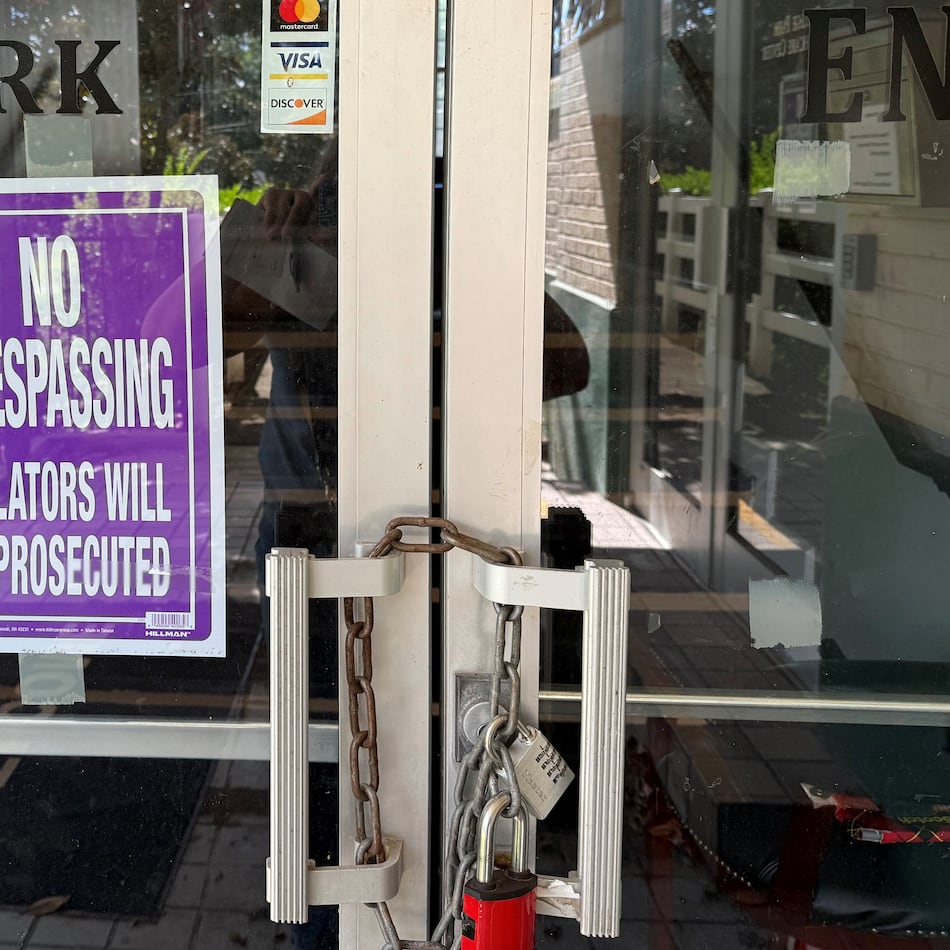Upon landing in Hartsfield-Jackson Atlanta International Airport in early July, I was impressed by the city’s public transportation system, a quick MARTA train ride taking me to my hotel.
The experience convinced me not to take a rideshare to the last concert of Beyoncé’s record breaking four-night residency in the city. Getting to the Mercedez Benz Stadium was fine.
The problem was getting back.
As someone who has been regularly attending live music since I was 10, the chaos in the MARTA Vine Street station from an escalator malfunction after the show on July 14 was the scariest I have experienced.
There was a dangerous bottleneck entering the station, with no MARTA employees in sight. A good-natured crowd allayed my concerns as we jostled for space. My relief was short lived as we reached the bottom of the escalators: a lack of space on the platform was making people trip at the bottom.
My fear was a stampede that could push people on to the tracks. I identified a space to aim for once at the bottom and made it my own just as I heard screams from behind. I, like others, thought dozens of revelers might come tumbling down into us and I ran.
Experience at Vince City station left me rattled
Credit: Hand
Credit: Hand
I had no idea if people behind me had been seriously injured and must selfishly admit to an overwhelming sense of relief on boarding a train.
The lack of announcements or MARTA employees to monitor capacity constituted a derogation of duty. Panic could easily have ended in tragedy – I am extremely sorry for the 21 people who were injured, but it could have been much worse.
I grew up in an age when crushes at gigs sometimes resulted in mortal and life-changing injuries, febrile atmospheres coming at a cost.
It is not necessary to endorse a return to the good old days (which I do sometimes miss!) to recognize the irony of zoning stadiums to make them more genteel and even sterile only to later expose concertgoers to unnecessary risk.
It is easier to get a VIP early entrance ticket than it is to guarantee a quick and safe exit. My experience at Vine Street would make me think twice about going to the Mercedes-Benz Stadium, which is a pity given the positive impression I had of both the concert and the city.
My gut feeling that Beyoncé’s final Atlanta gig, and the last date on the so-called “Cowboy Carter and the Rodeo Chitlin’ Circuit Tour” (before she wrapped up with two nights in Las Vegas) paid off. The tour’s artistic merits have been overshadowed by commentary on overpriced and undersold tickets.
In Atlanta, however, I didn’t hear anyone complain or see many empty seats as impromptu stadium waves began long before Beyoncé arrived on stage to play for just under three hours.
Despite the transit experience, I plan to return to the Big Peach
Credit: MARTA
Credit: MARTA
Old pros like Queen B make every concert seem special, but the presence of husband Jay-Z suggested this was not another night at the office. Mrs. Carter appeared genuinely humbled by the response from an adoring multiracial and gender diverse crowd.
Beyond the spectacle of flying mechanical horses and dance routines, Beyoncé has a world-class voice nurtured by her church upbringing. I can’t imagine any of her stadium peers being able to cover Dolly Parton’s “Jolene” and Patsy Cline’s “I Fall to Pieces” live.
An ability to match magnetic movement with virtuoso vocals has turned Beyoncé into this generation’s Tina Turner, an icon whose image appears on the screens during the Cowboy Carter show. At 16 years old, I saw the “Queen of Rock n’ Roll,” play my hometown in 1997. Birmingham is the most racially diverse of the United Kingdom’s major cities, but Tina attracted an almost exclusively white audience.
While I’m sure it doesn’t translate across all social classes or neighborhoods it was beautiful to witness the diversity of people dancing alongside each other at Beyoncé’s concert in Atlanta (as it was later in the week at the city’s Star Community Bar and the Northside Tavern).
Looking back on my stay in Atlanta brought to mind Canadian singer-songwriter Leonard Cohen’s description of the U.S. as the “cradle of the best and the worst.”
This was my first trip to the city of Atlanta but, to quote Arnold Schwarzenegger in “The Terminator”: “I’ll be back!”
Duncan Wheeler is a professor and chair of Spanish Studies at the University of Leeds in the United Kingdom. His latest book is “Following Franco: Spanish Politics and Culture in Transition.”
About the Author
Keep Reading
The Latest
Featured




